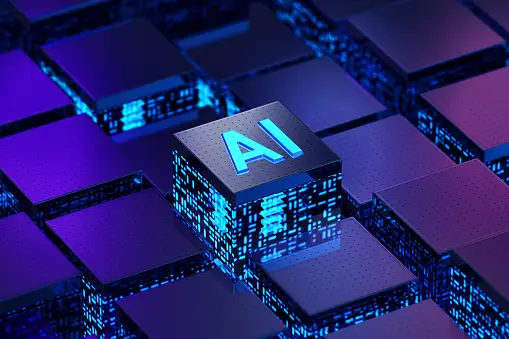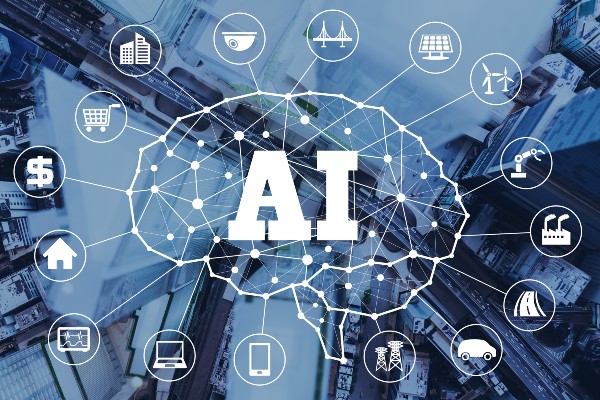Introduction
Artificial intelligence, AI, the rapidly growing field fascinating the attention and interest of various industries and individuals. It is the branch of computer science that focusses on creating intelligent machines capable of performing tasks that require human intelligence. AI machines are capable of learning from data, reason and understand information and make decisions.AI is vast and diverse with it's applications in every field ranging from healthcare, finance, transportation, robotics and more. It is poised to reshape various sectors.History
The term "artificial intelligence" was coined in 1956 during a conference at Dartmouth College. In the early years, AI research focused on symbolic or rule-based systems aimed to mimic human reasoning. However, progress was slow, and the initial enthusiasm disappeared during the 1970s, a period known as the "AI winter". The 1990s witnessed the advent of machine learning techniques, allowing computers to learn from data. In recent years, AI has experienced an exponential growth with advancement in technology and deep learning.
Types and applications of AI
With machine learning ,deep learning, natural language processing, computer vision and robotics AI has wide range applications in healthcare , finance, chat bots, transportation, automation etc. Machine learning, a subset of AI, enables the computers to learn from data and make decisions. Machine learning has found applications in various industries. One of its notable applications is in the field of healthcare, where machine learning algorithms are used to analyze medical data, diagnose diseases, and assist in treatment planning. Deep learning, a subset of machine learning has ability to process and understand complex data structures. Natural language processing has found its applications in chat bots that answers general people queries and assist them. Evolution of chat GPT, developed by open AI utilizes deep learning and enhances human machine conversations.
Robotics is the most exciting applications of AI. Robots work in hazardous environments and perform tasks that are difficult for humans. During COVID -19 many hotels used robots to serve food to their customers. With AI robots are even capable to assist in medical procedures. They are uses for security in public places and can detect potential threats. They also play a vital role in space exploration and educational sectors.
AI has transformed the healthcare system. AI algorithms can analyze and record patients data and help doctors to detect diseases early. They assist in patient care and help doctors in complex surgeries.AI powered virtual assistants can answer customers queries, schedule an appointment and provide basic healthcare information. As AI is advancing it holds promising future for healthcare.
AI is being used to improve fraud detection, risk management and potential threats. They help professionals in making evidence based decisions.
Ethical and social implications of AI
With its wide range applications there are also ethical and social concerns of AI. In recent times, various cases on fraud face detection and voice recognition to retrieve personal information of an individual by hackers to steal them and threatening their lives have been reported. Some developed countries reported decreased IQ level among people as they completely rely on AI. As everything is getting automated there are chances for unemployment to rise. There is a possibility of machines becoming too intelligent and developing human like emotions that would threaten humans existence. Humans are also experiencing frequent health issues that were not common in ancient time. As they get everything easily they tend to become more lazy and their physical activity is reduced. If we completely rely on AI it would have negative impact on society and human health. To minimize these concerns, its important to increase awareness among people about its benefits and risks so that they can make better decisions for their future.AI developers should also ensure safety to potential threats.
Conclusion
In a nutshell, AI is experiencing exponential growth with ability to transform our lives. With its vast and diverse applications it also holds risks of potential threats and ethical and social implications that hinders its development. Its is important to ensure accountability and transparency as AI advances .By ensuring human privacy and making responsible and deliberate choices we can harness its potential to create a better future. It is in our hands how we choose to harness the technology.





0 Comments